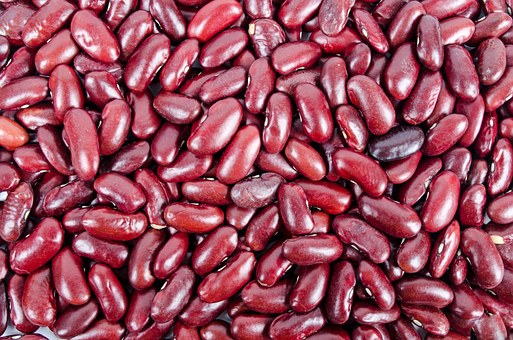Small things can cause great pain.
As urine streams through our kidneys, minerals may sludge off and form stones, what is known as nephrolithiasis. Irritation and discomfort—sometimes substantial– may result if these nuggets are not flushed out. Drinking lots of water helps but in persistent cases, shock waves (lithotripsy) or surgery may be necessary.
Knowns about kidney stones
- Environment, diet, gender, geography and gut microbes influence development.
- Composition: most (about 75%) are calcium phosphate and calcium oxalate from diet.
Kidney stones and microbes
One bacterium outshines the rest thus far, hence its appellation. Oxalobacter formigenes (Oxf) is part of the normal gut flora in humans and other mammals. It actually requires oxalate for survival. It degrades ingested oxalate, reduces intestinal absorption, and fuels oxalate secretion from the colon, offering protection from hyperoxaluria.
Effect of probiotics?
Studies reveal that probiotics can decrease urinary oxalate excretion, at least temporarily. The formulas include Oxf alone, or different combinations of Lactobacillus, Bifidobacterium, Enterococcus, and other oxalate degraders.
One small trial described in Urological Research assessed whether a 4-week daily consumption of a probiotic supplement would decrease oxalate absorption in 11 healthy volunteers. The results showed that in high oxalate absorbers, VSL#3 (a mixture of high concentrations of eight different bacteria) has the potential to reduce oxalate absorption which could decrease kidney stones.
This link leads to a provocative chart showing Oxf colonization rates in various adult populations showing normal as well as diseased states.
Kidney stones in cystic fibrosis
Patients with cystic fibrosis (CF) are known to suffer from a higher prevalence of kidney stones. In one study, 71% of 21 non-CF control patients were colonized by Oxf compared with only 16% of 43 patients with CF. Oxf was protective: all 7 CF patients colonized with Oxf had normal oxalate excretion but 53% of the 36 CF patients not colonized had hyperoxaluria.
Other bacteria are also oxalate degraders
Kidney stones are rare in black South Africans.The black population in South Africa harbors a pool of potential oxalate-degrading lactic acid bacteria which is more abundant and diverse than that of white South Africans. In order to observe the role of microbiota, fresh fecal samples collected from healthy black and white South African male volunteers were analyzed for three things: bacterial oxalate degrading activity, bacterial diversity and relative species abundance. This is what was found in the low-risk black group: more oxalate degradation; higher fecal Lactobacillus diversity; more Bifidobacterium spp.
Interestingly, Oxf was present only at very low levels in both groups.
Last word
Oxalate degradation is likely a function of a network of bacterial species and defining that matrix should provide valuable therapies for kidney stones.

